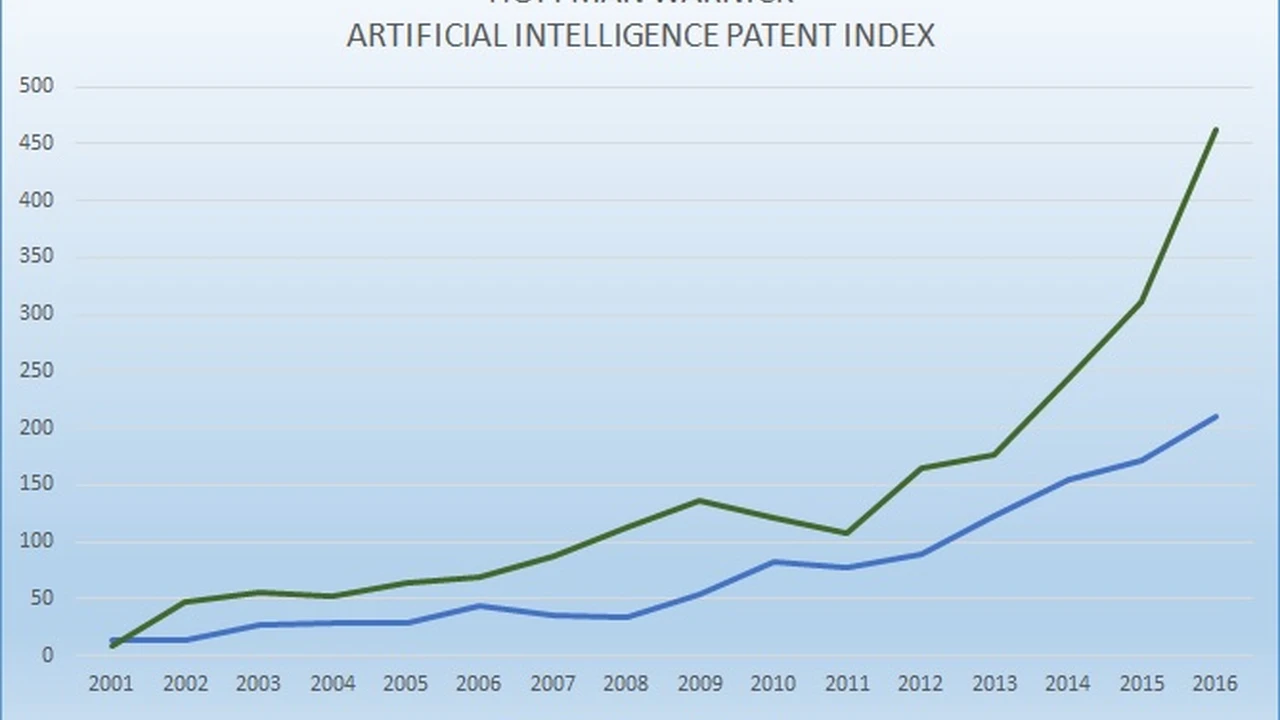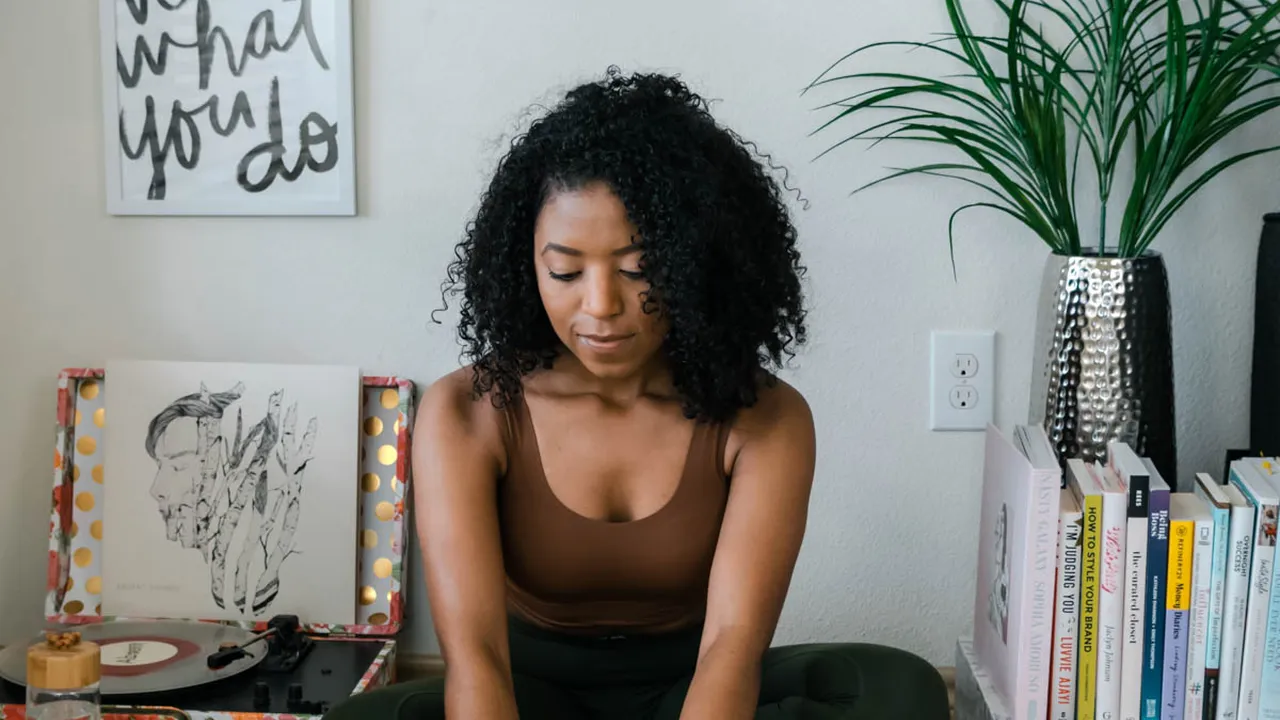Sleep and Artificial Intelligence: A Growing Field
Sample meta description.

The Dawn of AI in Sleep Science Understanding the Basics
Hey there, sleep enthusiasts! Ever wonder how technology, especially Artificial Intelligence (AI), is creeping into our bedrooms and, more importantly, our sleep patterns? It's not just about setting alarms anymore. We're talking about AI analyzing your sleep cycles, identifying potential problems, and even suggesting personalized solutions. Let's dive in!
AI in sleep science is basically using algorithms and machine learning to understand and improve sleep. Think of it as having a super-smart sleep detective constantly monitoring your slumber. These AI systems analyze data from wearables, sensors in your mattress, and even sound recordings to track your sleep stages, heart rate, breathing patterns, and more. The goal? To give you a comprehensive picture of your sleep health and identify areas for improvement.
AI Powered Sleep Analysis Trackers and Wearables
The most common way AI enters our sleep lives is through wearables like smartwatches and fitness trackers. These devices use sensors to track your movement, heart rate, and other physiological data during sleep. The AI then analyzes this data to estimate your sleep stages (light, deep, REM) and provide you with a sleep score or report.
But it's not just about pretty charts and graphs. AI can also identify potential sleep problems like sleep apnea (pauses in breathing during sleep) or restless legs syndrome. Some devices even offer personalized recommendations for improving your sleep, such as suggesting optimal bedtime or adjusting your sleeping environment.
Smart Mattresses and Sleep Sensors AI Enhanced Comfort
Beyond wearables, we're seeing a surge in smart mattresses and sleep sensors that use AI to optimize your sleep environment. These mattresses can adjust their firmness and temperature based on your sleep position and preferences. Some even have built-in sensors that track your sleep and provide personalized recommendations. Sleep sensors, placed under your mattress or on your nightstand, offer similar functionality without requiring a new mattress.
AI and Sleep Apnea Detection A Life Saver
One of the most promising applications of AI in sleep science is the detection of sleep apnea. This condition, characterized by pauses in breathing during sleep, can have serious health consequences if left untreated. AI algorithms can analyze data from wearables or dedicated sleep apnea monitors to identify potential cases of sleep apnea and alert users to seek medical attention. This early detection can be life-saving.
Product Spotlight Smart Sleep Solutions You Can Buy Today
Okay, let's get down to brass tacks. You're probably wondering what specific products are out there and how they can help you sleep better. Here are a few of my top picks, along with their use cases, comparisons, and price ranges:
1. The Apple Watch Series 8 (or newer) Sleep Tracking Champion
Use Case: General sleep tracking, heart rate monitoring, sleep stage analysis, and sleep apnea risk assessment. It integrates seamlessly with the Apple ecosystem.
Comparison: Compared to other fitness trackers, the Apple Watch offers a more comprehensive suite of features, including ECG monitoring and fall detection. However, its battery life is shorter than dedicated sleep trackers like the Fitbit.
Price: $399 - $499 (depending on model and features)
2. The Fitbit Sense 2 Comprehensive Sleep and Stress Analysis
Use Case: Detailed sleep tracking, including sleep stages, sleep score, and heart rate variability. It also offers stress management features like EDA (electrodermal activity) scanning.
Comparison: The Fitbit Sense 2 is a great all-around tracker with a focus on sleep and stress. It offers longer battery life than the Apple Watch but lacks some of the advanced health features like ECG monitoring.
Price: $249 - $299
3. The Eight Sleep Pod 3 The Ultimate Smart Mattress
Use Case: Temperature regulation, sleep tracking, and personalized sleep coaching. This mattress actively adjusts its temperature throughout the night to keep you comfortable.
Comparison: The Eight Sleep Pod 3 is the most advanced smart mattress on the market. It offers unparalleled temperature control and personalized sleep insights. However, it's also the most expensive option.
Price: $3,295 - $3,695 (depending on size)
4. The Withings Sleep Tracking Mat Discreet and Effective
Use Case: Non-wearable sleep tracking. This mat sits under your mattress and tracks your sleep without requiring you to wear anything.
Comparison: The Withings Sleep Tracking Mat is a great option for people who don't like wearing trackers. It's discreet and easy to use, but it doesn't offer as much detailed data as wearable trackers.
Price: $99 - $129
Choosing the Right AI Sleep Tech For You Practical Considerations
So, how do you choose the right AI-powered sleep tech for you? Here are a few things to consider:
- Your Budget: AI sleep tech ranges in price from under $100 to over $3,000. Set a budget before you start shopping.
- Your Needs: What are you hoping to get out of AI sleep tech? Are you looking for general sleep tracking, or do you need help with a specific sleep problem like sleep apnea?
- Your Preferences: Do you prefer wearable trackers or non-wearable sensors? Do you want a mattress that actively adjusts its temperature, or are you happy with a simpler solution?
- Data Privacy: Be mindful of the data that these devices collect and how it's being used. Read the privacy policies carefully before you buy.
The Future of Sleep and AI What's Next
The field of AI and sleep science is still in its early stages, but the potential is enormous. We can expect to see even more sophisticated AI algorithms that can predict and prevent sleep problems, personalize sleep treatments, and even improve our dreams. Imagine a future where AI can help us unlock the secrets of sleep and live healthier, more fulfilling lives. It's an exciting time to be a sleep enthusiast!
One area that's ripe for innovation is personalized sleep coaching. Imagine an AI-powered coach that analyzes your sleep data, understands your lifestyle, and provides you with tailored recommendations for improving your sleep habits. This coach could help you optimize your bedtime routine, adjust your diet, and manage your stress levels, all with the goal of helping you sleep better.
Another promising area is the development of AI-powered sleep therapies. These therapies could use sound, light, or even electrical stimulation to improve sleep quality and treat sleep disorders. For example, AI could be used to personalize the delivery of white noise to help you fall asleep faster or to deliver targeted electrical stimulation to improve deep sleep.
Beyond the Gadgets Optimizing Your Sleep Environment with AI
AI isn't just about gadgets; it's also about creating a sleep-friendly environment. Smart home devices are increasingly incorporating AI to optimize your bedroom for sleep. Think of smart thermostats that automatically adjust the temperature throughout the night, smart lights that gradually dim before bedtime, and smart speakers that play soothing sounds.
AI can also be used to personalize your sleep environment based on your individual preferences. For example, you could train an AI system to recognize your sleep patterns and adjust the temperature, lighting, and sound in your bedroom accordingly. This personalized approach can create the perfect sleep environment for you, helping you fall asleep faster and sleep more soundly.
So there you have it! A deep dive into the fascinating world of AI and sleep. I hope this has given you a better understanding of how technology is transforming our sleep and how you can use it to improve your own sleep health. Sweet dreams!
:max_bytes(150000):strip_icc()/277019-baked-pork-chops-with-cream-of-mushroom-soup-DDMFS-beauty-4x3-BG-7505-5762b731cf30447d9cbbbbbf387beafa.jpg)





